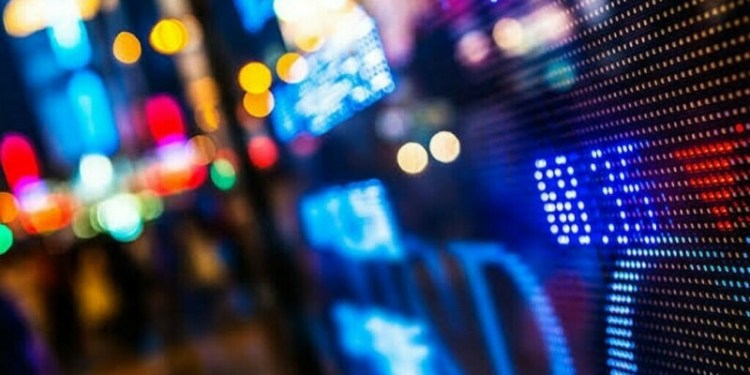European acrylonitrile butadiene styrene producers have taken market share from Asian producers in Europe and Turkey, buoyed by the weaker euro against the dollar, according to a producer source.
“If I take [my] average year-to-date [volume orders as an indication] and compare to August we are 10% below average [but] we will be 10% above average [in September] and the strongest month of the year. Seasonality, and to a larger extent the forex rate — these are the two factors that are driving things,” a producer said Wednesday.
From the beginning of September, the value of the euro versus the dollar has weakened considerably, making European-produced ABS more attractive again, compared to Asian-produced ABS.
The euro/dollar exchange rate dropped to a low of $1.2908 on September 10, down 7% from 1.3931 on May 6, according to Platts data. On Wednesday, the exchange rate was assessed by Platts at $1.2944 on Wednesday.
In addition to signs that seasonal demand was coming back in time for the key pre-Christmas cycle, the European producer said the weaker euro had made European producers more competitive this month.
The producer said 30% of European market share was currently in the hands of Asian producers, whereas in polyethylene and polypropylene, the market share in the hands of importers was only 10%. It said that trying to recover some of the market share was a “daily fight for NWE producers.”
EUROPE-SOUTH KOREA PRICE GAP NARROWS
Local European producers have seen an increase in exports to Turkey in September.
“The gap [with Korean-producers] has decreased,” the producer said, adding that the impact of the fall in the value of the euro versus dollar has meant it has recovered Eur80/mt due to the foreign currency swing.
In Asia, spot ABS prices were assessed $15/mt lower week on week at $1,910/mt CFR China and $10/mt lower at $1,925/mt CFR Southeast Asia, as buyers were still hesitant amid upstream volatility, particularly in the styrene monomer market.
In Europe, contracts were assessed at Eur1,695/mt ($2,182/mt) FD NWE, excluding approximate logistics costs of Eur60/mt, this would amount to an approximate price of $2,116/mt FOB ARA. Meanwhile, CFR Northwest European prices were assessed at $2,000/mt.
According to market sources, sea freight from South Korea or Taiwan to Europe amounted to $60/mt, while total logistics costs, including from the European port to the customer, amounted to $100-150/mt delivered into the Northwest European hub.
With only delivered South Korean imports now at $1,985/mt, including freight costs of between $60-100/mt, this put CFR Northwest European prices and imported South Korean material at almost par.
The key battleground between South Korean and NWE producers was now Turkey. The producer said it had been able to raise prices there as a result.
SOUTH KOREAN EXPORTS TO EUROPE RISE ON YEAR
So far this year, South Korean imports of ABS have been predominant.
According to South Korean customs data, exports into the EU in July 2014 rose to 9,735 mt, up from 7,517 mt on the year-ago period.
This increase in imports over the past 12 months was also corroborated in Europe by the latest Eurostat release, showing that EU imports of ABS in July rose 10% year on year to 16,661 mt.
Between January and July the EU imported 103,513 mt of ABS, a 9% year-on-year rise. Exports, meanwhile, were relatively stable both in July and in the first seven months of the year, amounting to 10,515 mt and 70,884 mt, respectively.
As a result, net imports rose by around 40% to 6,146 mt in July and 32,629 mt in the year to date.
South Korea and Taiwan remained the main suppliers of ABS to the EU in July, with 11,447 mt and 3,193 mt of product shipped, respectively.
Exports went primarily to Turkey, Switzerland and China — between 1,500 mt and 2,500 mt each — whereas shipments to Russia and Brazil ebbed to just below 500 mt.
– Platts.com



























